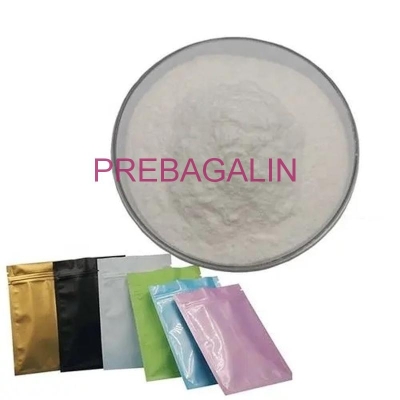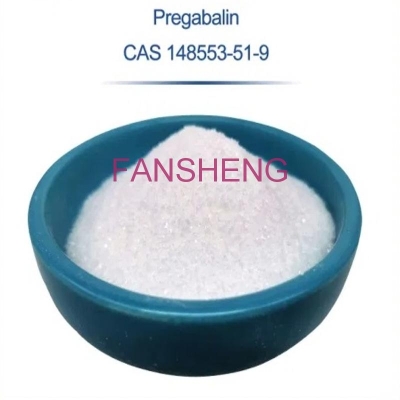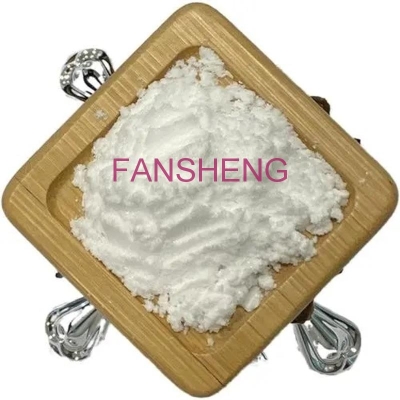-
Categories
-
Pharmaceutical Intermediates
-
Active Pharmaceutical Ingredients
-
Food Additives
- Industrial Coatings
- Agrochemicals
- Dyes and Pigments
- Surfactant
- Flavors and Fragrances
- Chemical Reagents
- Catalyst and Auxiliary
- Natural Products
- Inorganic Chemistry
-
Organic Chemistry
-
Biochemical Engineering
- Analytical Chemistry
- Cosmetic Ingredient
-
Pharmaceutical Intermediates
Promotion
ECHEMI Mall
Wholesale
Weekly Price
Exhibition
News
-
Trade Service
Nov 1, 2020 /--- -- The brain volt core plays a central role in the "risk-reward" circuit.
their operation is based on three essential neurotransmitter: dopamine, which promotes desire;
5-serotonin, whose effects include satiety and inhibition, and glutamate, which drives goal-oriented behavior and responds to reward-related cues and situations.
in a study of genetically modified mice, a university teacher at the University of Wyoming found that the volt-kernels recruited using cocaine were very different from those recruited with sucrose or sugar.
because they are separate, there is a possibility that drug use problems can be solved without affecting the biological search for rewards.
(Photo: www.pixabay.com) Ana Clara Bobadilla, assistant professor of medical education programs at the University of Washington School of Pharmacy and WWAMI (Washington, Wyoming, Alaska, Montana, and Idaho), said: "We found that most of the areas stimulated by sucrose and cocaine do not overlap in the volt core.
" Bobadilla is the lead author of the paper, published September 28 in Molecular Psython, entitled "Cocaine and Sucrose Rewards Recruit Different Seeking Ensembles in the Nucleus Accumbens Core."
focus is on research at the junction of preclinical and clinical research, including cellular, molecular, integration, clinical, imaging and psychophysics levels.
Bobadilla conducted the study while completing postdoctoral work at South Carolina Medical University.
project began in mid-2017.
contributor to the study, now works at the University of Colorado's Anschutz Medical School District.
, she says, the recruitment process for each reward-specific team is unclear.
, however, using molecular biology tools, Bobadilla was able to identify the type of cells collected in the cocaine and sucrose collection.
these cells are called GABA and can project neurons, also known as middle ratchet neurons.
they account for 90 to 95 percent of volt neurons.
these middle ratchet neurons to express dopamine D1 or D2 subjects.
the study identified that the collected sucrose and cocaine groups were mainly moderate polysaccharid neurons that expressed D1 receptors.
Bobadilla said the results are consistent with the general understanding in the field that activation of the D1 pathway promotes the search for rewards, while activation of the D2 pathway leads to disgust or less seeking.
drug abuse has a high recurrence rate," said Bobadilla, a drug abuser.
, however, each type of addictive drug exhibits different acute pharmacology and synth plasticity.
we are now looking at whether the overall reward characteristics can explain these differences.
Bioon.com Source: Nucleus accumbens recruited by cocaine, sugar are different Original Source: Ana-Clara Bobadilla et al, Cocaine and sucrose rewards recruit searching for mbles in the nucleus accumbens core, Molecular Psython (2020). DOI: 10.1038/s41380-020-00888-z







